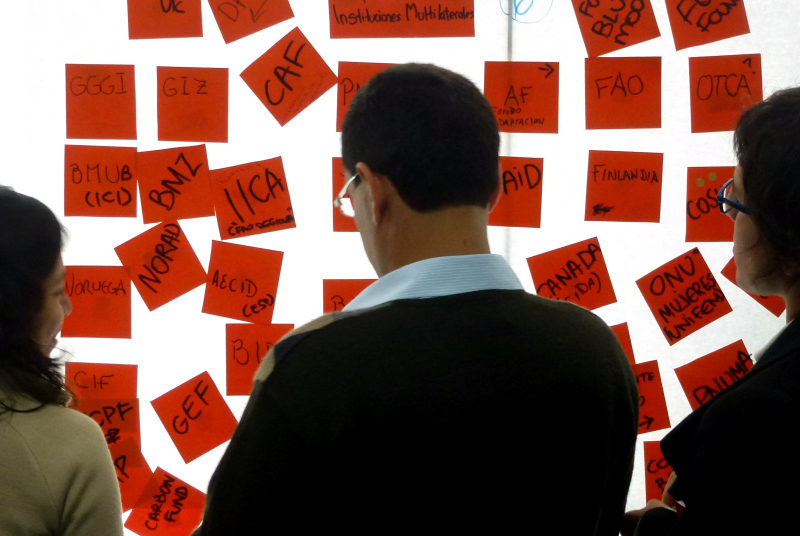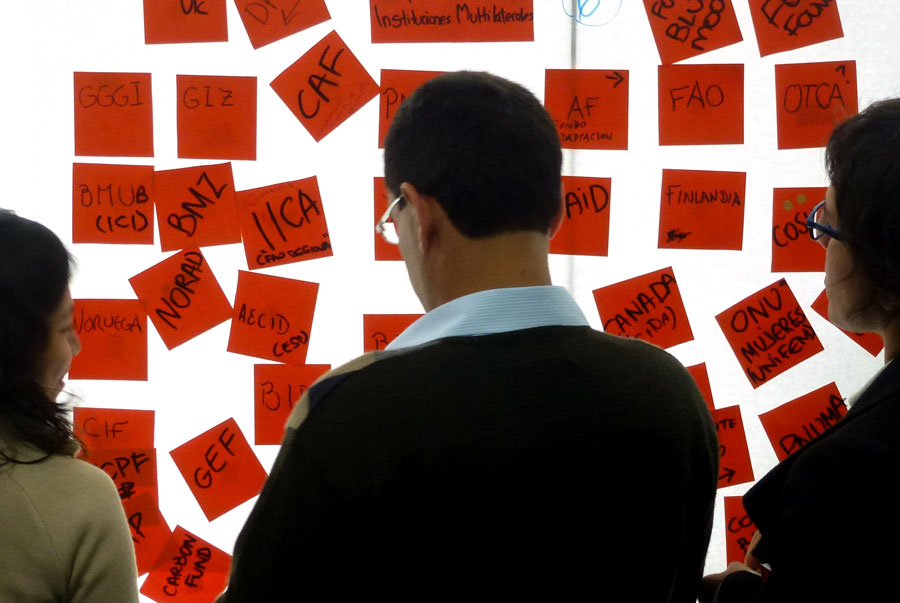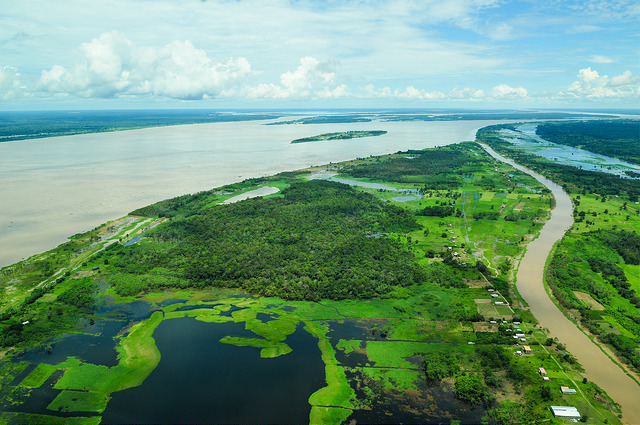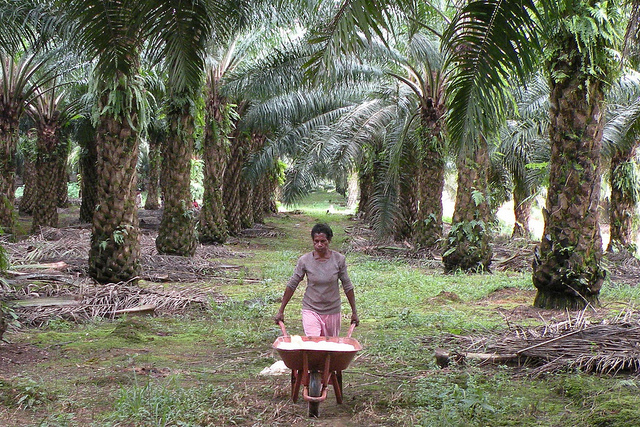Description
The CGIAR Research Program on Forests, Trees and Agroforestry: Livelihoods, Landscapes and Governance (FTA) fills a special niche in the overall CGIAR Portfolio. FTA is the only program working on all aspects of the value and benefits of trees and forests for people, landscapes and agricultural sustainability. This is also the world's largest integrated program on these issues.
One of the areas of focus of FTA is Flagship 2 on livelihoods.
The area of livelihoods is the starting point for this research theme because smallholders make decisions about how to manage farms, considering all their constraints and opportunities, including those unrelated to trees and forests. In addition to direct contributions to diet and income from timber, coffee, cocoa, rubber, oil palm, fruits, nuts and other products, much of the contribution that trees make is through system intensification, involving interactions with other livelihood components. For example, on-farm tree fodder increases livestock productivity while reducing labor required for collection, freeing time for people to invest in other paths to intensification. Such knock-on effects of better tree management are important. They include trees restoring and maintaining soil health through fostering higher abundance and activity of beneficial soil organisms, as well as contributing to soil fertility through tightening nutrient and water cycles, improving nutrient and water use efficiency and thereby closing yield gaps of food crops.































